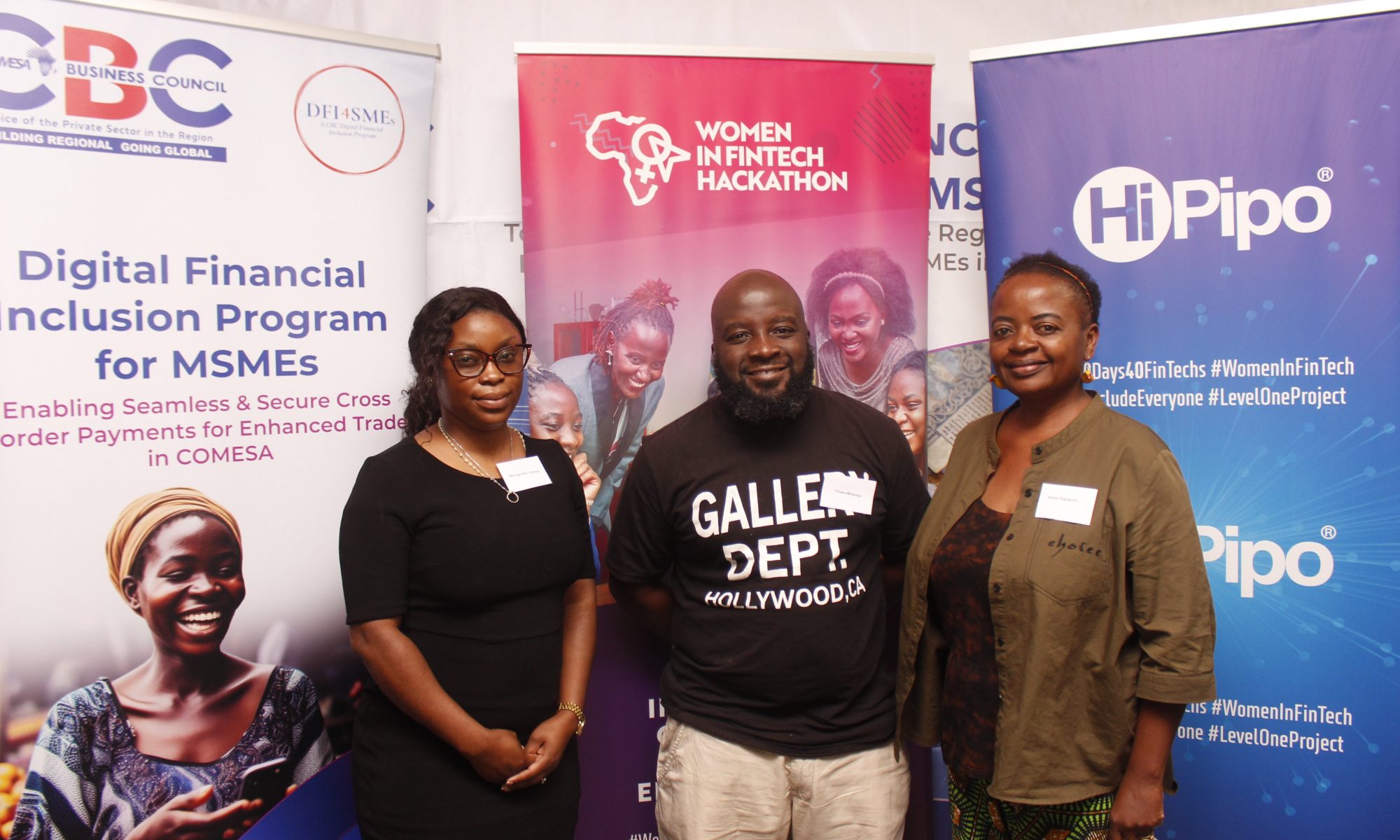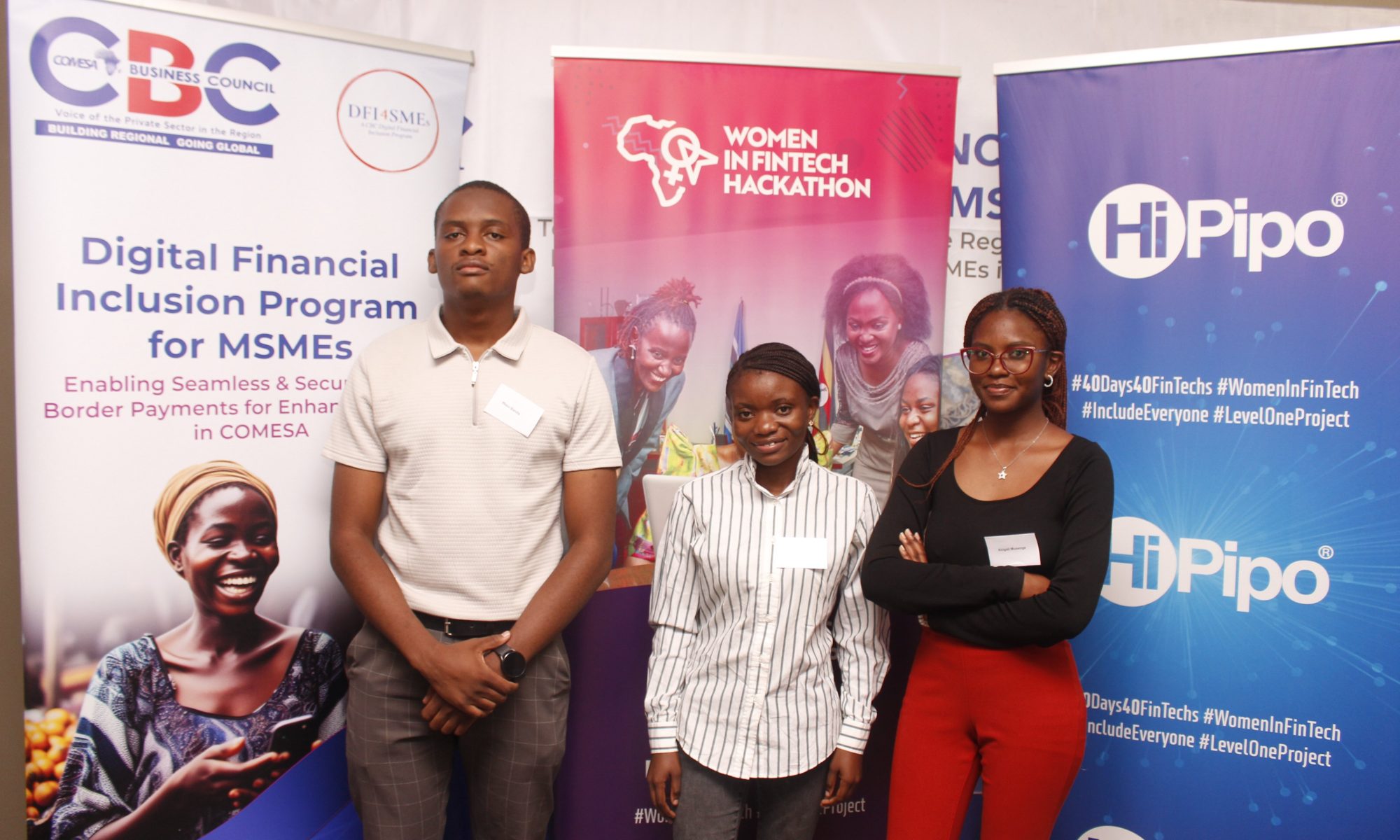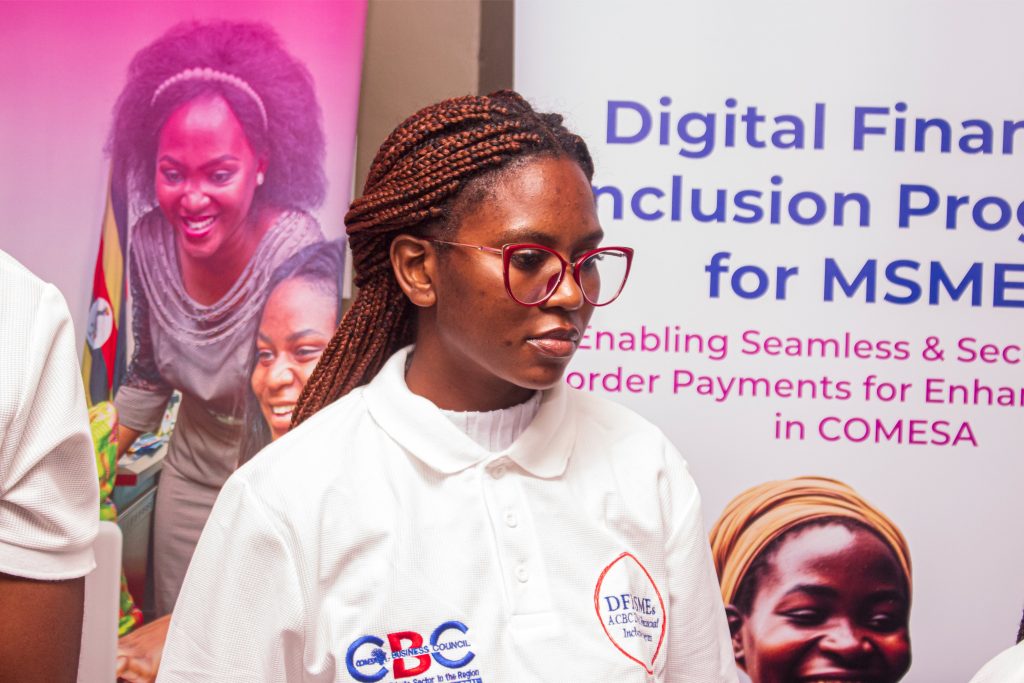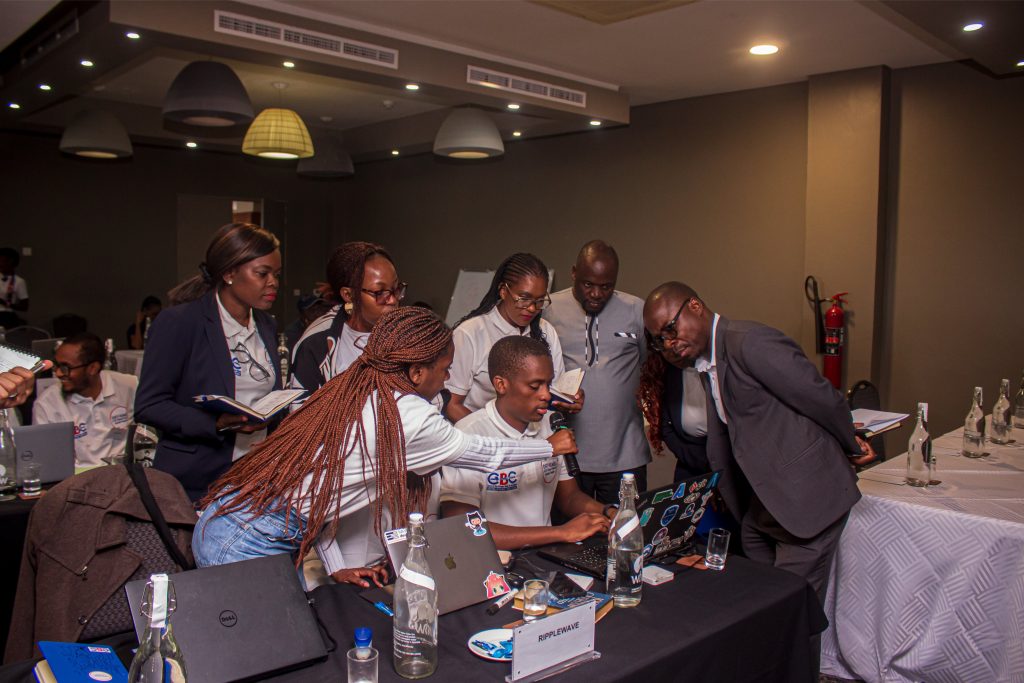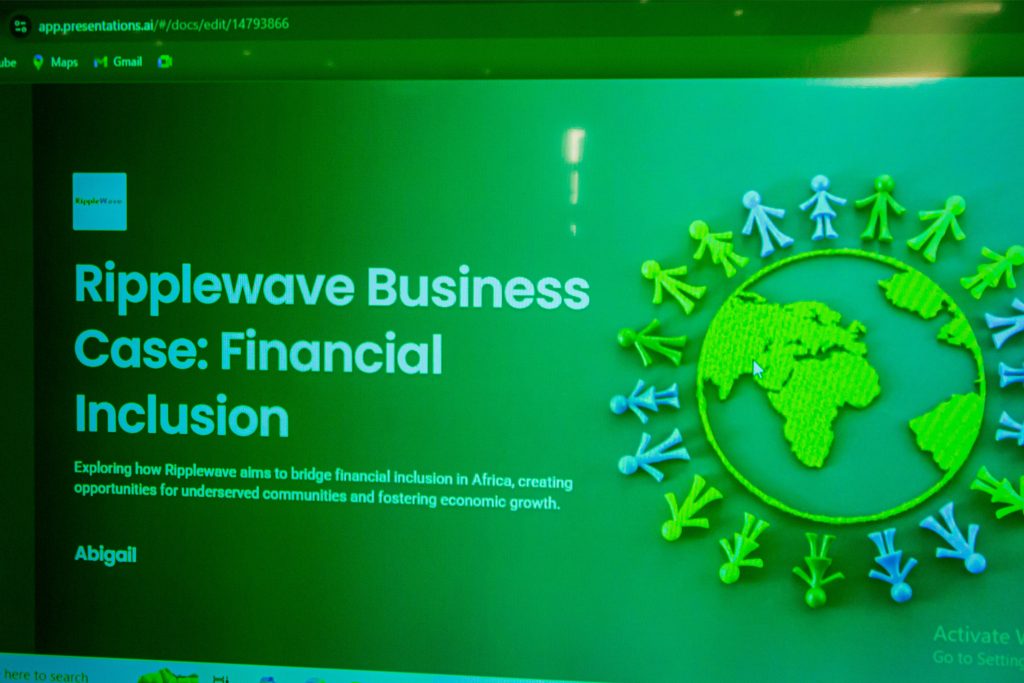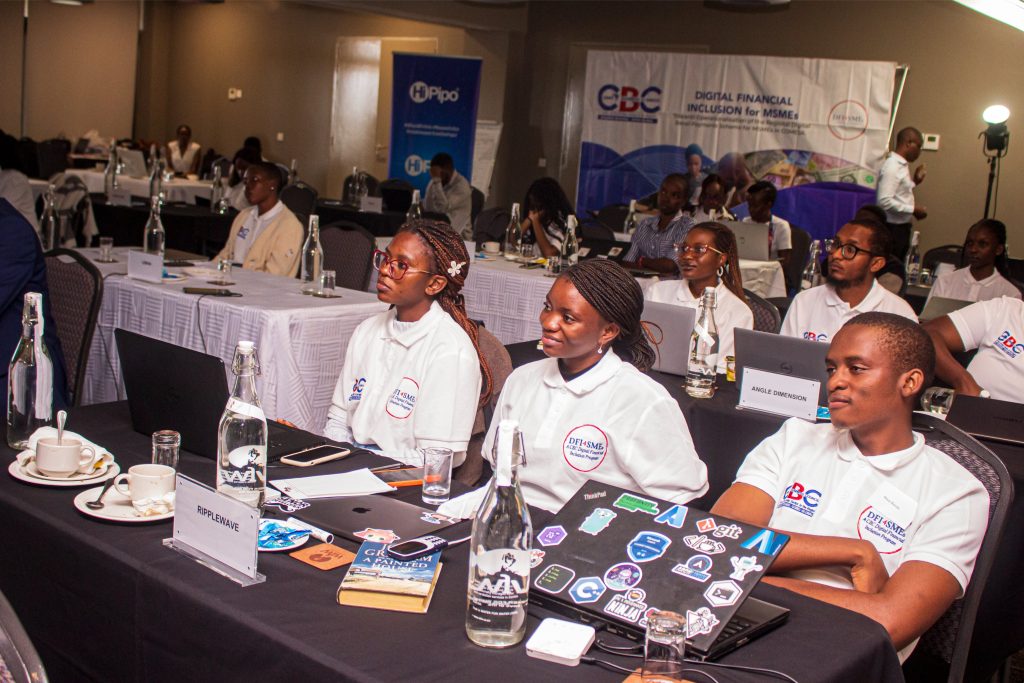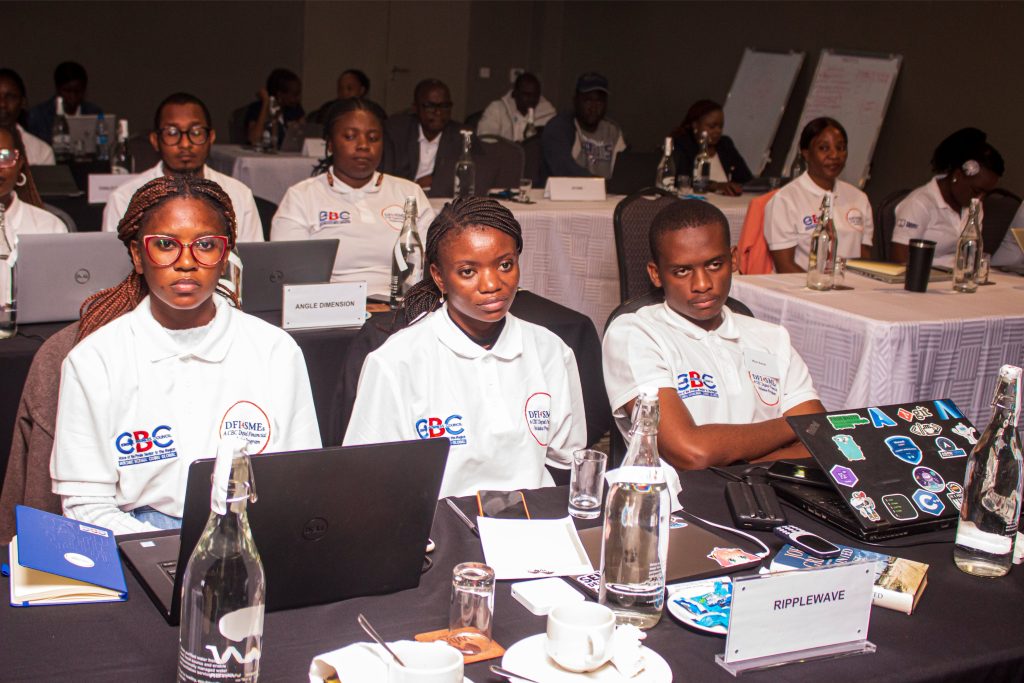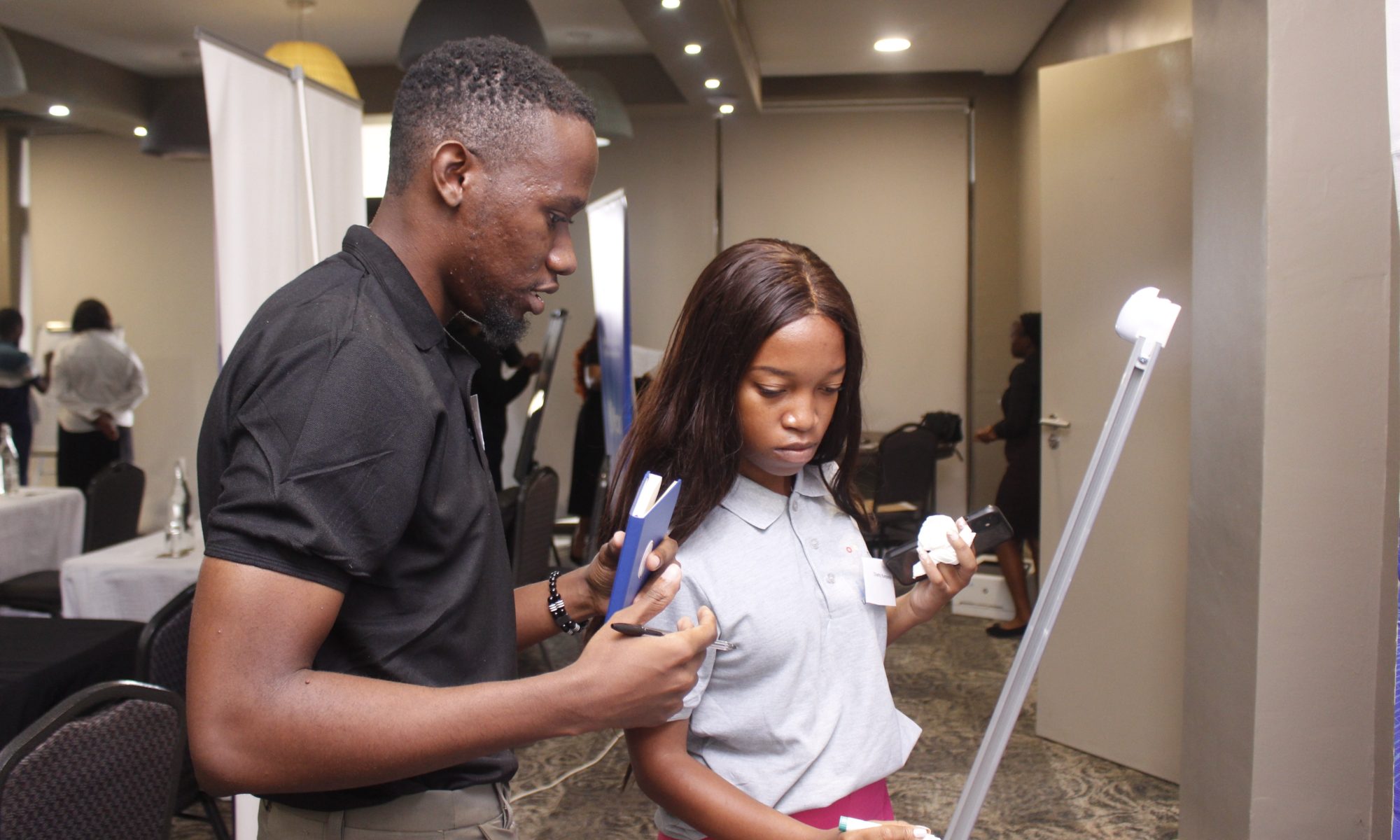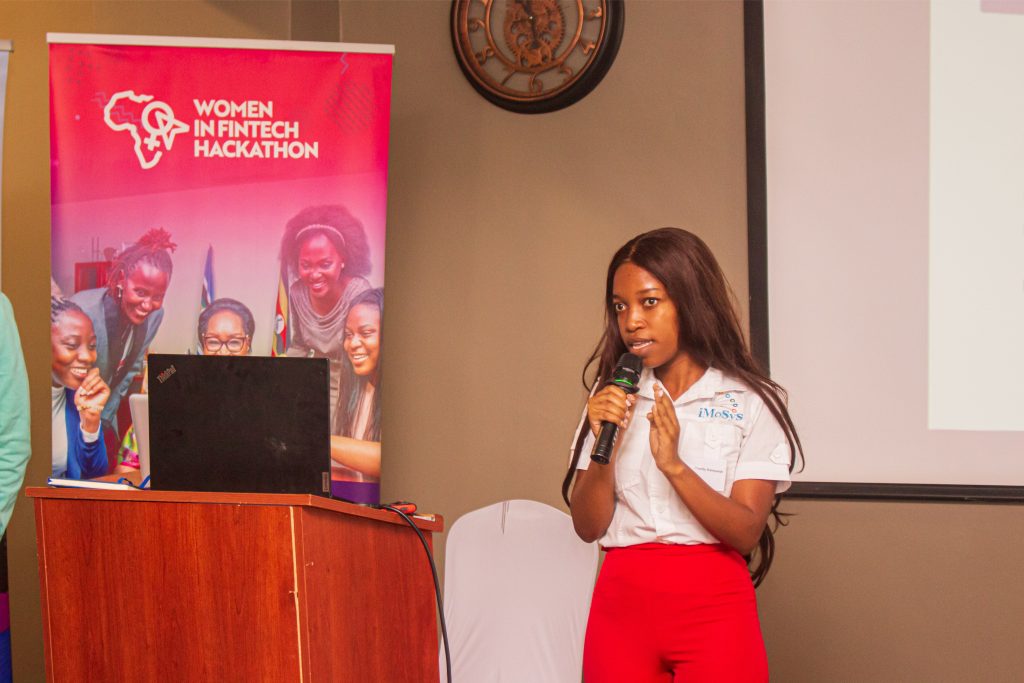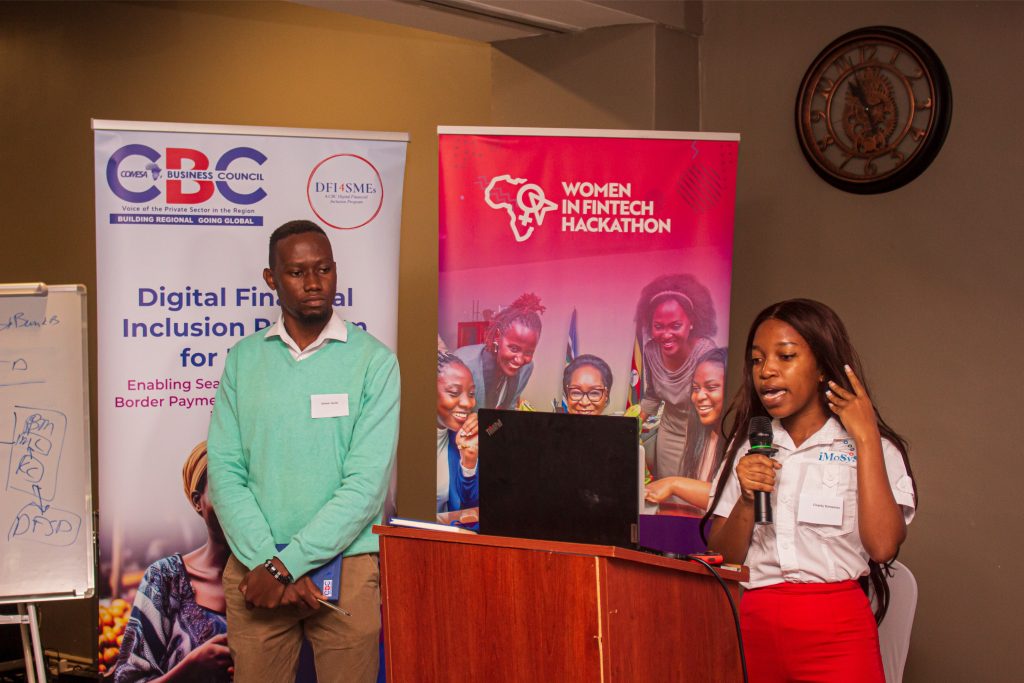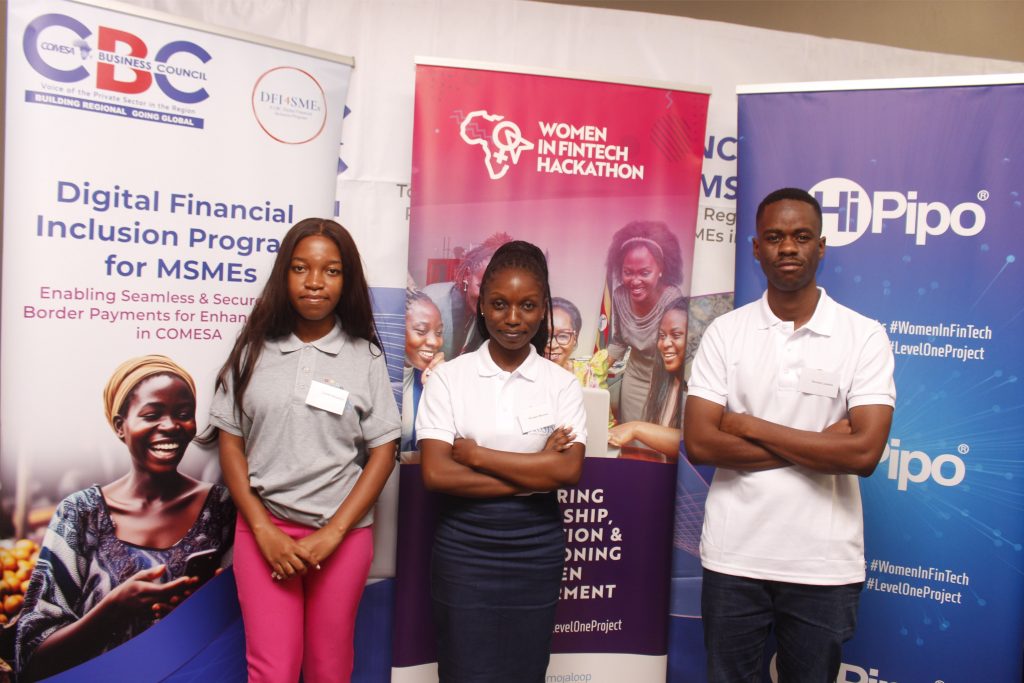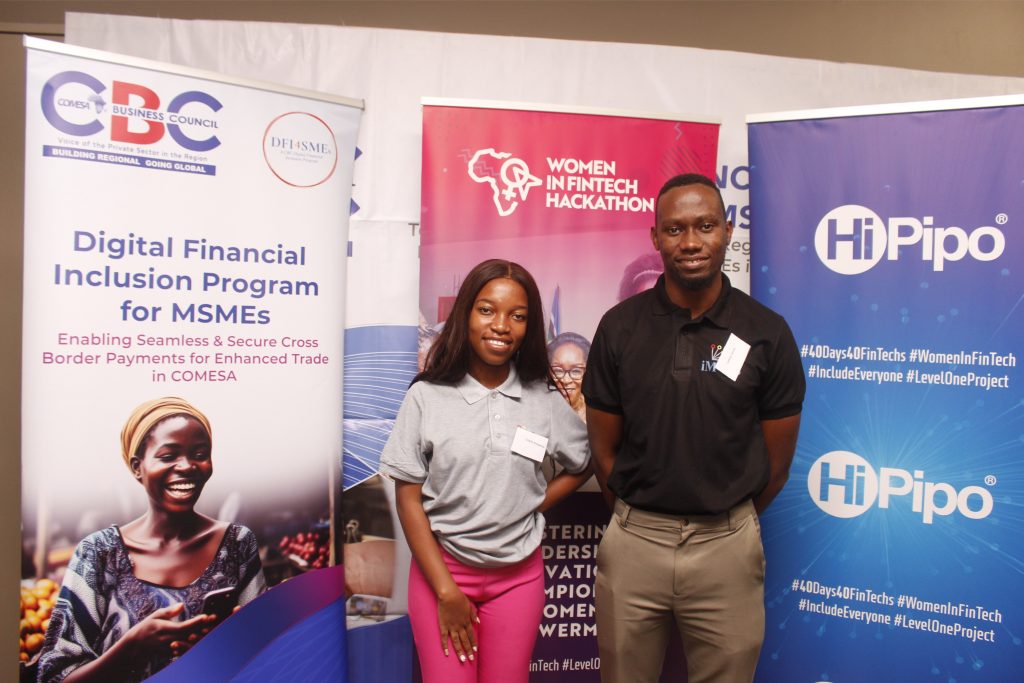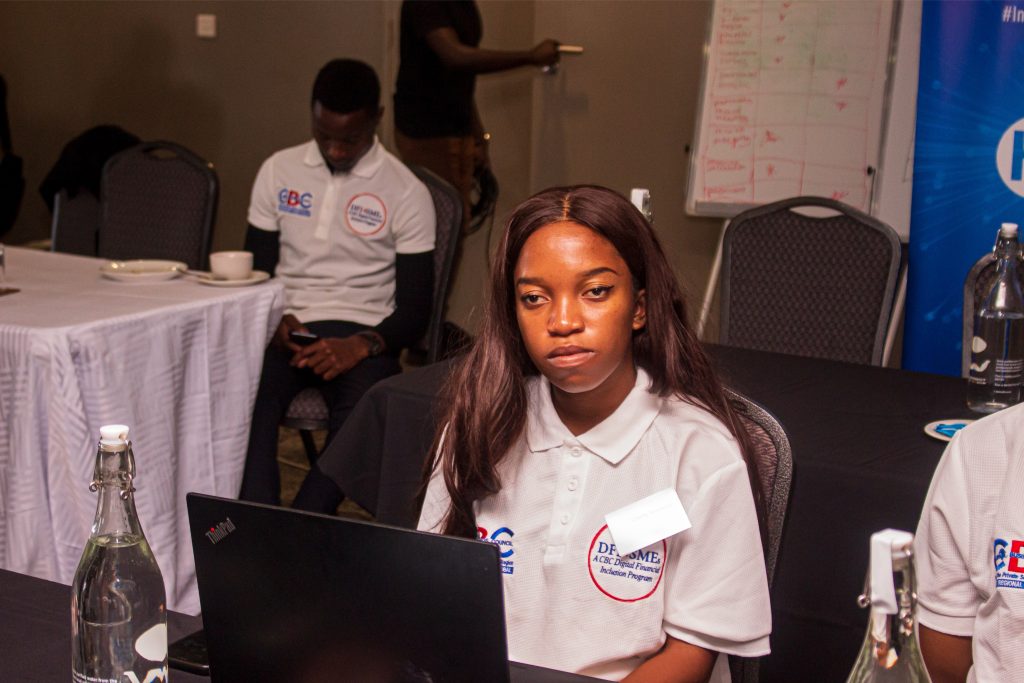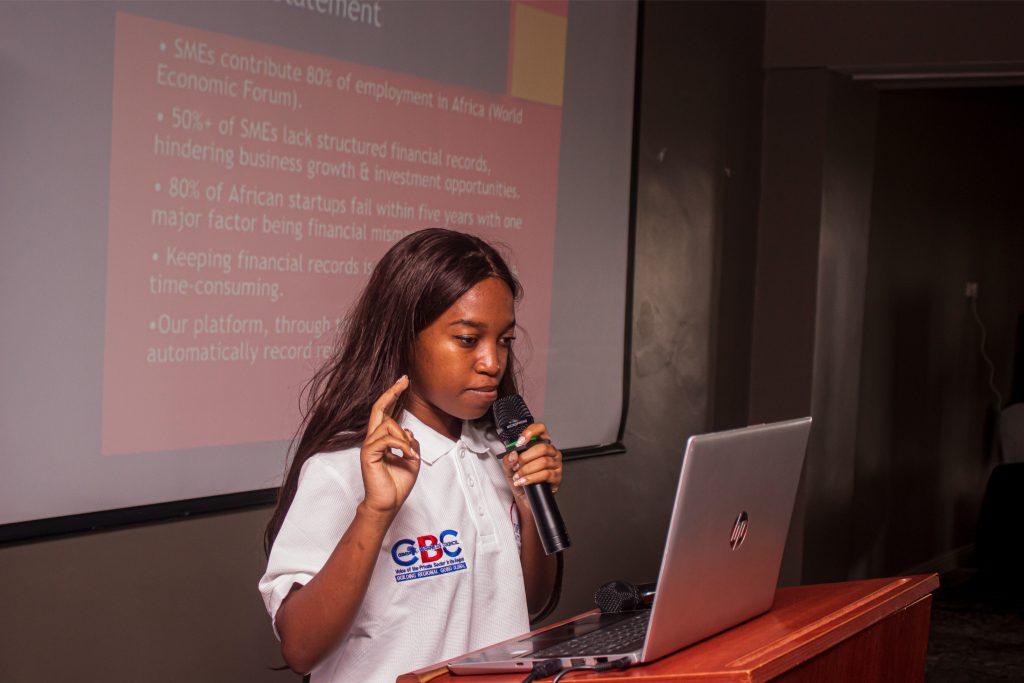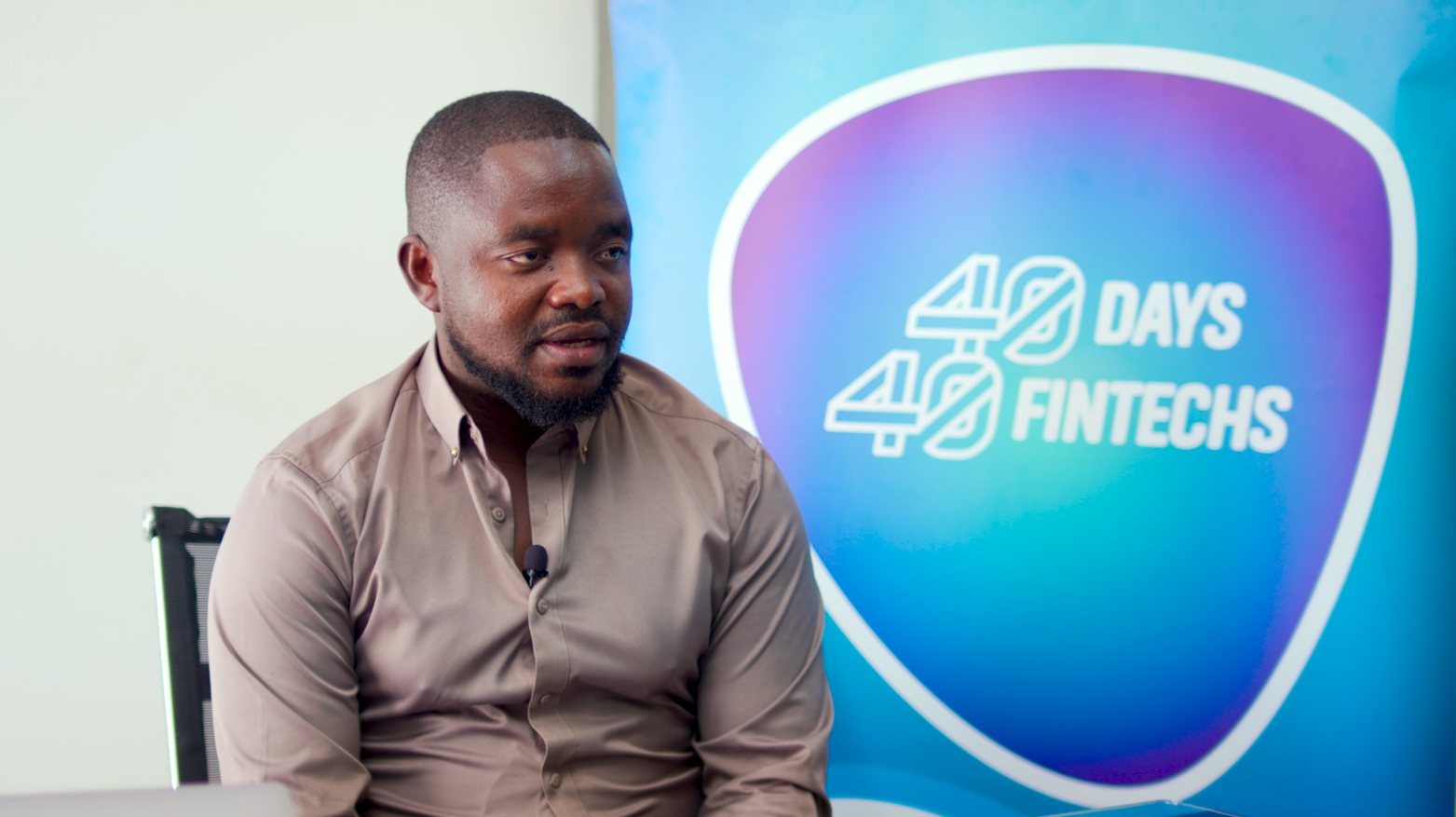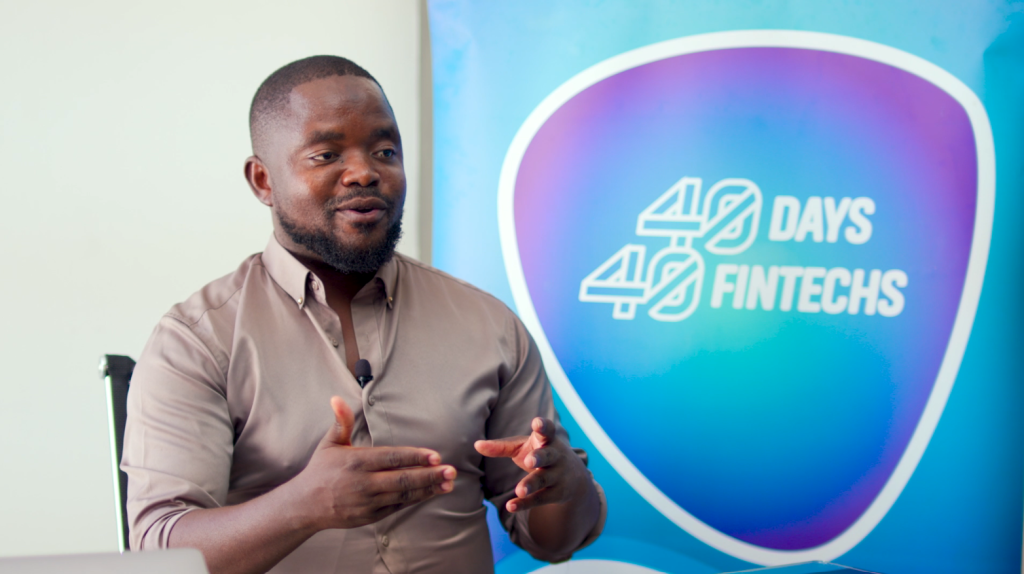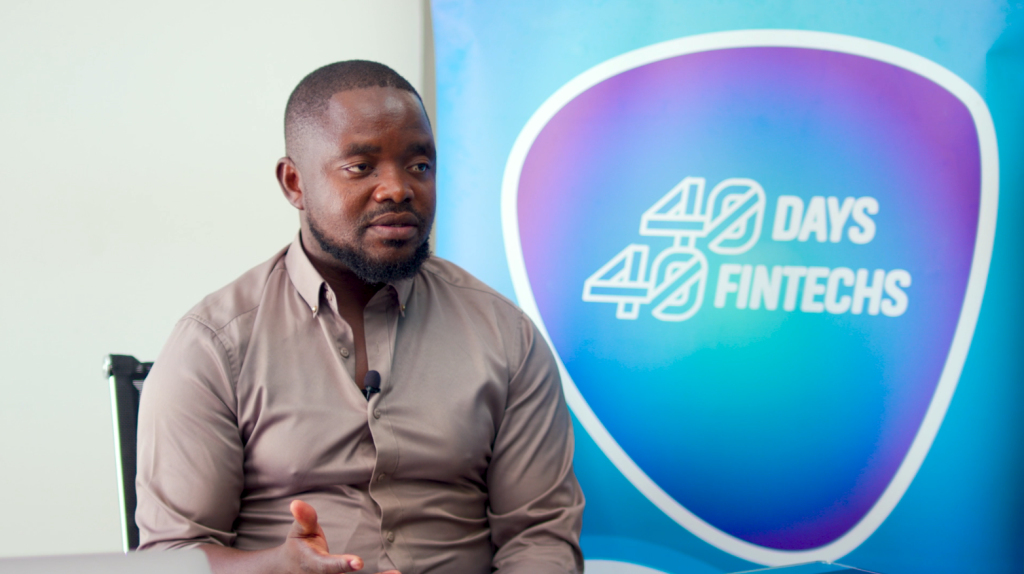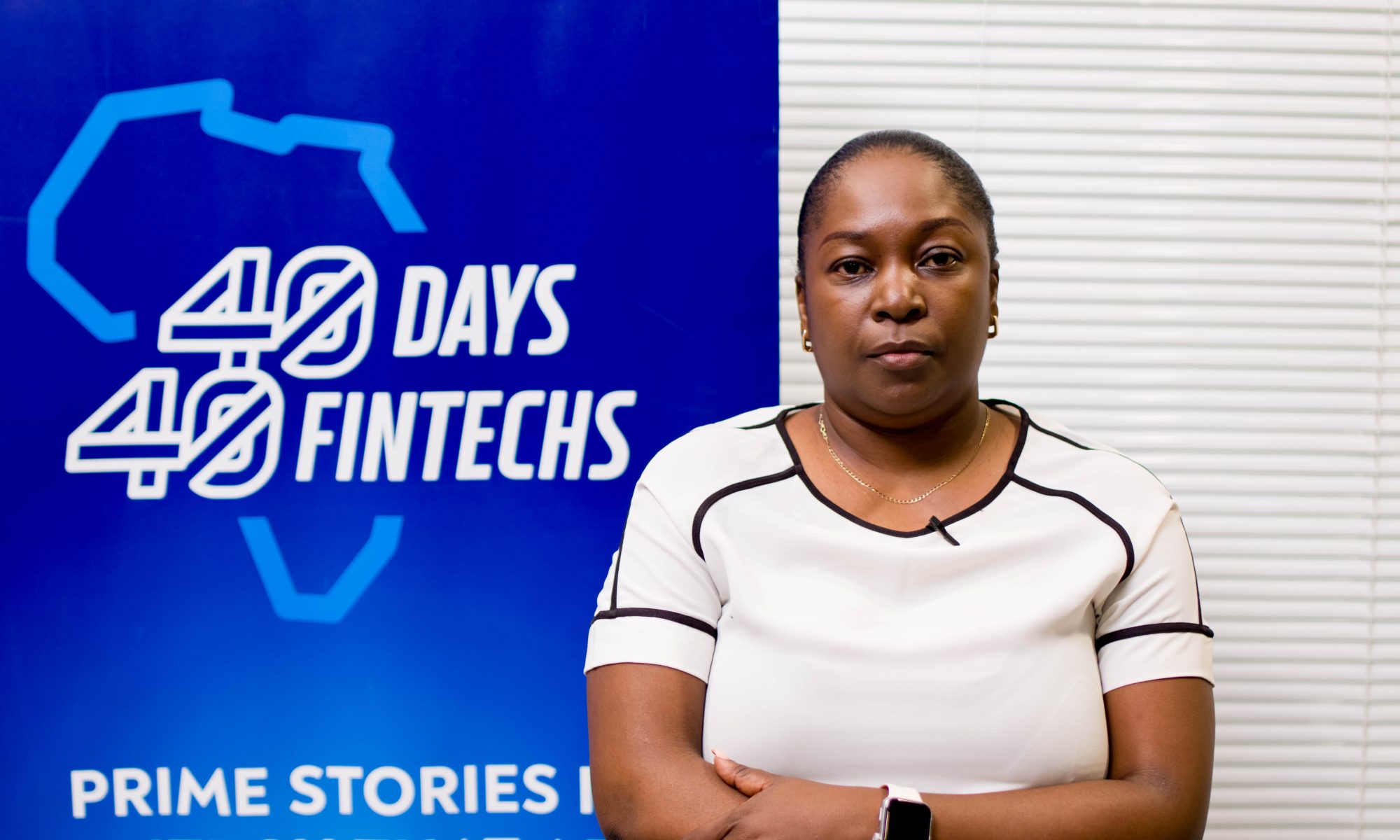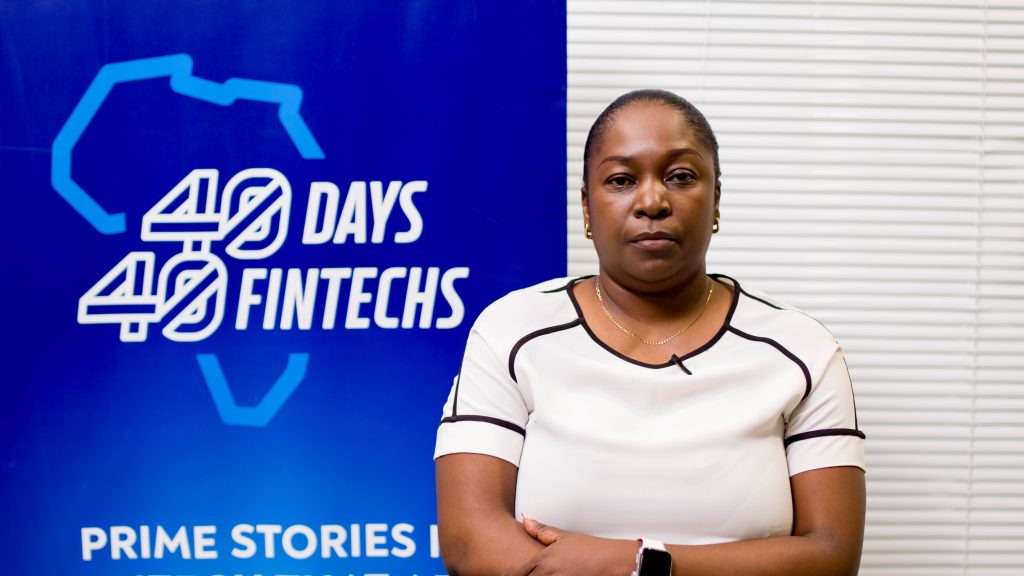Approximately 70% of Zambian households rely on charcoal or firewood for cooking, yet there are some few clean energy solutions in the country.
It is this problem that Zambian FinTech EcoPay sought to address during their participation in the 2025 COMESA Women in FinTech Hackathon, by ideating eco-friendly cooking solutions in Zambia and beyond.
EcoPay has developed a secure, efficient, and user-friendly payment system where people can acquire ethanal oil and eco-friendly cookers as substitutes to charcoal.
“EcoPay is a digital payment platform designed to facilitate the adoption of eco-friendly cooking solutions in Zambia. By providing a secure, efficient, and user-friendly payment system, we aim to increase access to clean energy solutions, improve the financial inclusion of women entrepreneurs and the youths; and reduce carbon emissions from cooking,” noted Annie Chabala Kapapula, Team Lead at EcoPay.
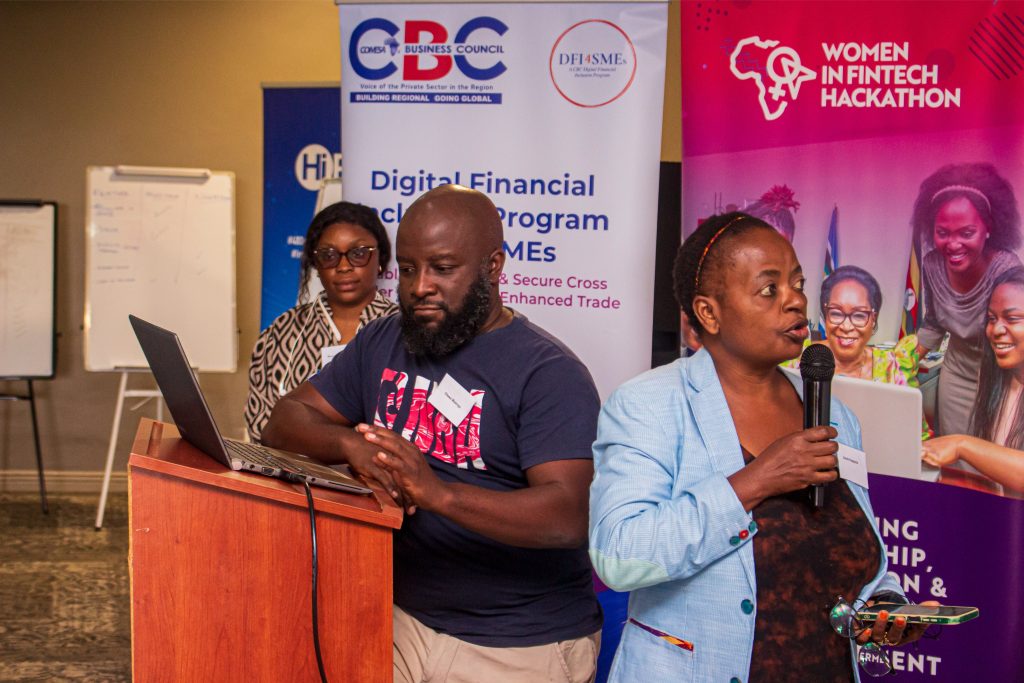
“We are planning to introduce an ethanol cooker and ethanol cooking gel, so that people can stop using charcoal especially in this dispensation of load shedding, everybody is really using charcoal,” she said, noting that they target at least millions of Zambians.
“Now it is a digital age, even if we are in the rural part of Zambia, people have feature phones as some have smartphones. We are ensuring that everybody who has a phone is able to buy our product, is able to know the price and where to get it,” Kapapula noted.
The solution is a short-code-based payment platform, enabling easy access to eco-friendly cooking products, seamless integration with mobile money, and credit cards.
On the tech side, the team is leveraging Mojaloop Open Source Software, especially its inclusiveness and instant payment functionalities.
“Mojaloop and Level One Project are enablers; so, with these, our platform will enable people make payments efficiently and instantly, because more people are not using cash anymore,” noted Chawa Mulengo, the Team Developer.
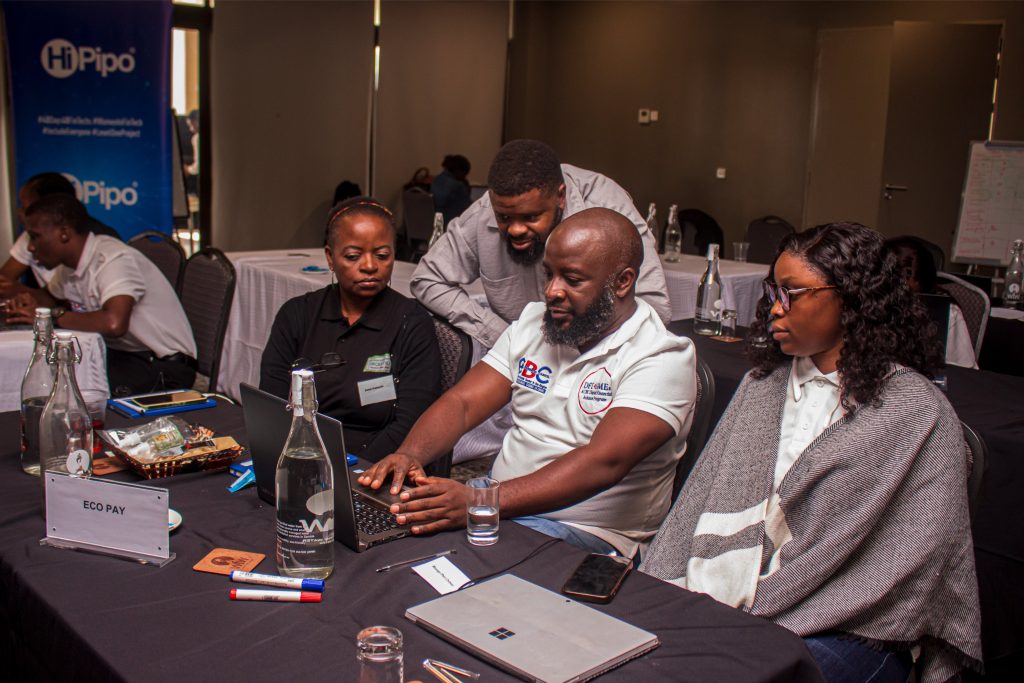
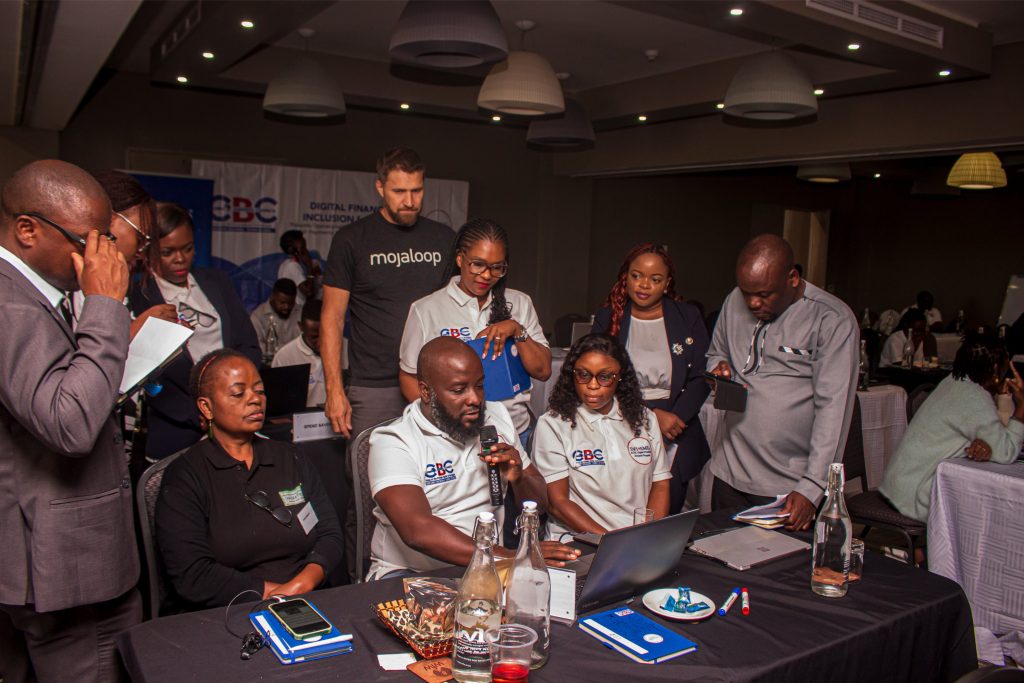
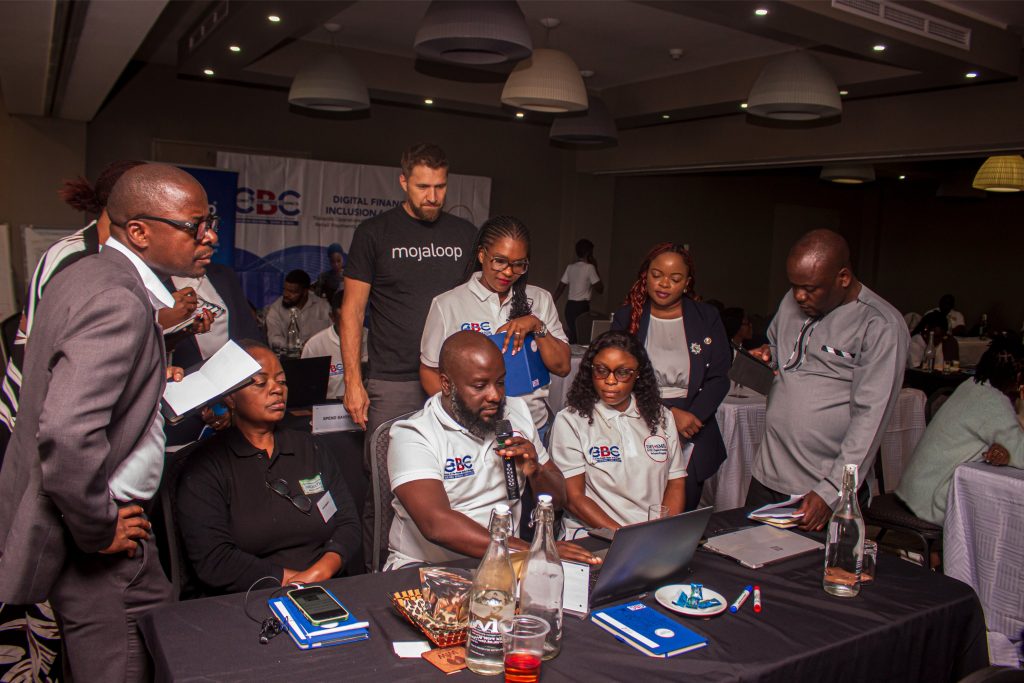
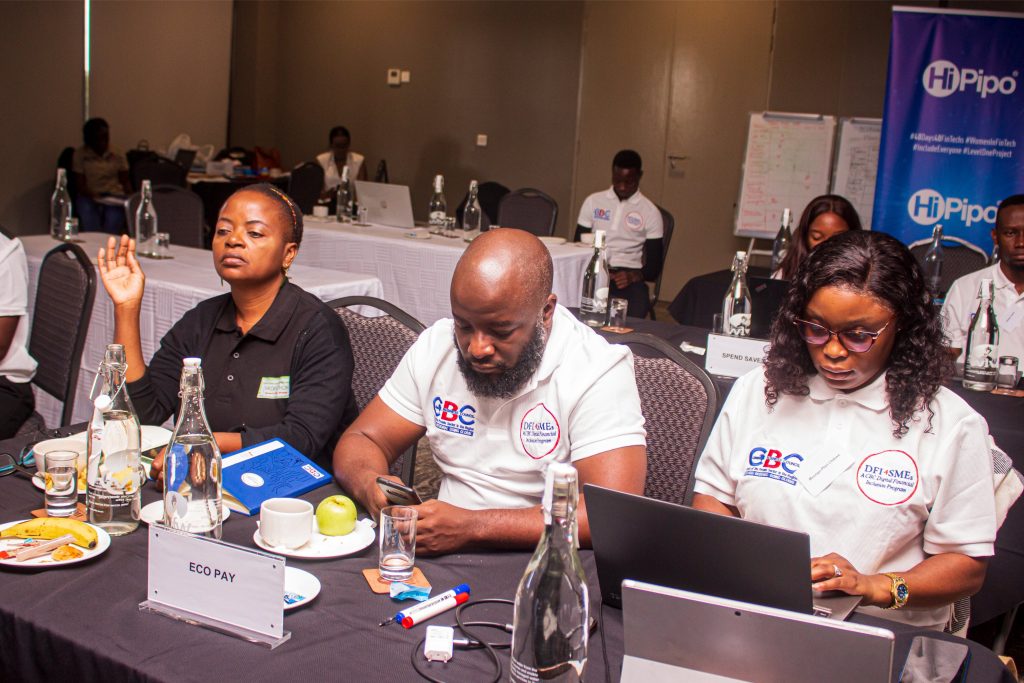
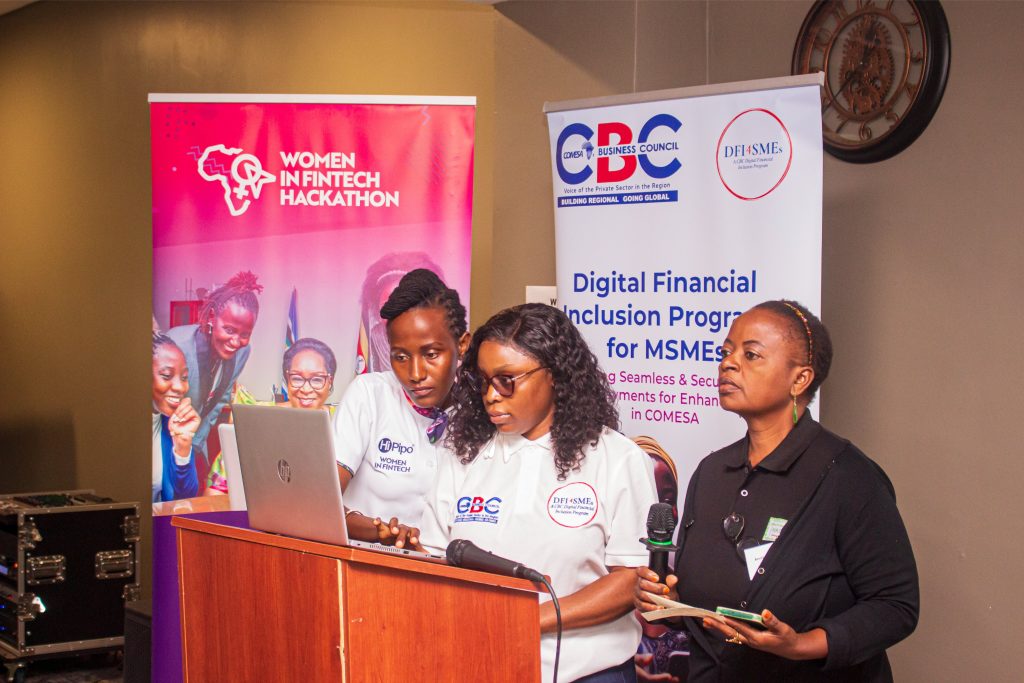
As participants in their first-ever COMESA Women In FinTech Hackathon, the team was happy to meet, network and collaborate with fellow innovators.
“We are grateful to COMESA Business Council (CBC) and HiPipo for the opportunity to showcase and refine our idea,” she said.
EcoPay featured on Day 35 of the 40 Days 40 FinTechs initiative; Zambia and Malawi edition. The roll-out of the 40 Days 40 FinTechs initiative in Zambia and Malawi followed its success in East Africa. Over the past 5 years, the 40 Days 40 FinTechs initiative has featured over 200 FinTech stories from Uganda, Tanzania, Kenya, and Rwanda. This initiative has also engaged hundreds of end-users and shared their stories with millions worldwide.
The primary objective of this initiative is to support and showcase innovative FinTech giants and start-ups from across Africa, with a focus on promoting financial inclusion and economic growth, in addition to giving start-ups access to the resources they need to develop new and innovative financial solutions that can benefit underserved populations. Such resources include but are not limited to Level One Project guidelines, Mojaloop Open Source Software and Inclusive Finance systems, etc.

